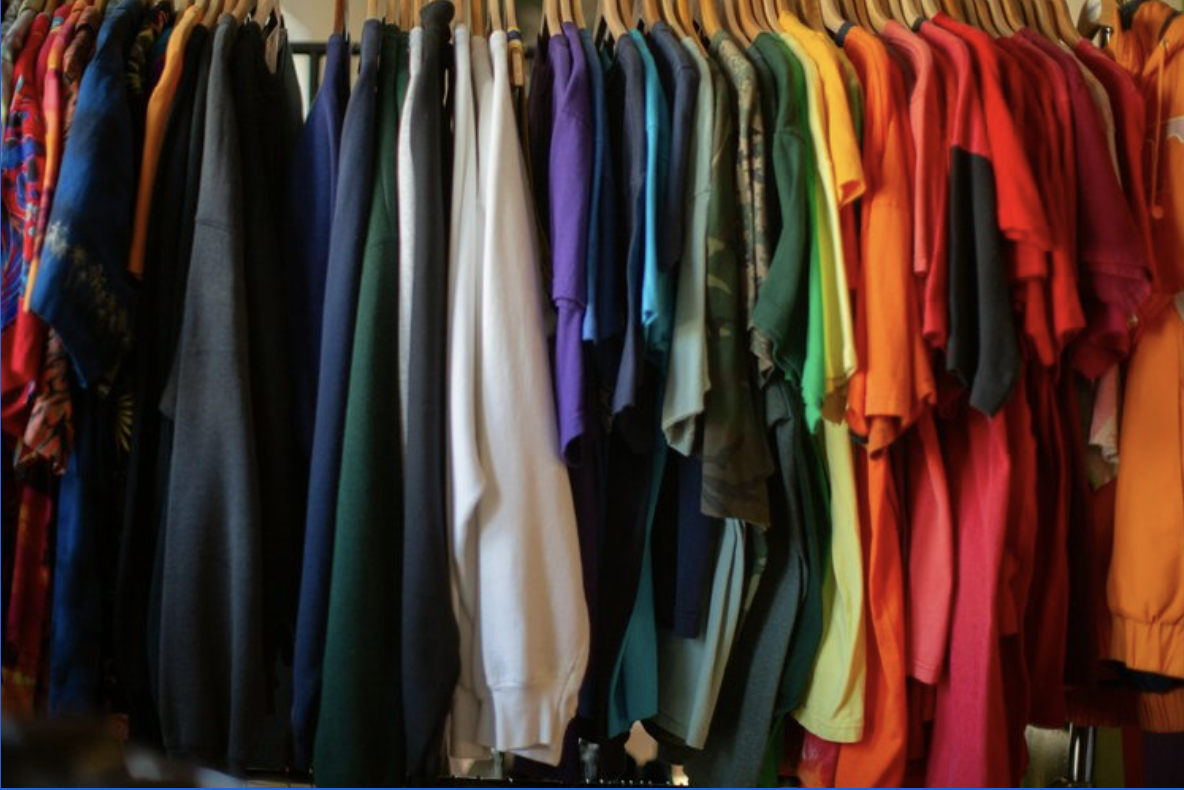Turning Textile Waste into a Resource for the Future
Every year, the UK sends a staggering 700,000 tonnes of non-reusable textiles to landfill or incineration.
Circle-8 Textile Ecosystems is on a mission to change that.
We heard from Cyndi Rhoades, co-founder of Circle 8, to learn how they’re building the missing infrastructure to make circular fashion a reality, and what it’ll take to get there.
What is Circle 8?
Circle-8 is a UK-based company dedicated to transforming the textile industry, through large-scale recycling of non-reusable textiles. Our mission is to divert material away from landfill and incineration and turn it into valuable resources for new textile production.
At the heart of Circle 8’s ambitious strategy is a nationwide network of Automated Textile Sorting and Pre-processing (ATSP) facilities, paired with the UK’s first-ever 50,000-tonne-per-year polymer recycling plant for textiles.
Our focus is on the complex process of transforming used garments into high-quality feedstock efficiently. This is a critical missing link in the UK’s circular economy for fashion and textiles.
Circle 8’s work is driven by their vision for a sustainable, circular economy.
We believe in the transformative potential of circular textiles to decouple growth from resource use - and to serve as the foundation of a new, value-generating economy.
The power of collaboration:
Our ATSP model doesn’t just serve recyclers; it enables traceability, quality assurance, and data transparency for brands, manufacturers, and regulators.
Circle-8’s ecosystem approach is inclusive and holistic. We collaborate with brands and retailers, post consumer textile collectors, recyclers and others to evolve how textiles are collected, processed and recycled.
Our progress has been accelerated through our leadership in the ACT UK project consortium, a government-backed initiative bringing together innovators and institutions across the UK to deliver a conceptual design for a first ATSP, and to carry out valuable market research and infrastructure trials.
“The Social Finance Hot Desk has been an incredible support during a critical stage of our company’s growth. It’s a rare and highly valuable resource.
We’ve found SFHD to be not only generous with their resources and network, but genuinely invested in our success. ”
However, slow legislative change is challenging businesses like Circle 8:
One of the major challenges we've faced has been convincing investors that the industry is truly ready for large-scale circular textile solutions.
While many brands and retailers acknowledge the importance of shifting to circular material sourcing, the actual pace of change has been slower than anticipated.
A significant factor is that the legislative frameworks that would drive this market demand are not yet fully in place.
For example, parts of the EU's strategy for circular textiles have been postponed, and in the UK, extended producer responsibility legislation, which would significantly influence business behaviour and the overall economics of the industry, still doesn't have a confirmed implementation date from the government.
The absence of these solid legislative signals has made it challenging to create the level of market demand that investors are looking for. As a result, we’ve not been able to commercialise on track with our original timeline.
The solution?
Brands and retailers - the real drivers of the market - must take a more proactive role: by committing to recycled content, increasing collection volumes, and collaborating with solution providers today, not waiting for regulation. Their leadership will unlock investment, enable scale, and drive a more resilient and profitable future for the industry.

